The Essentials You Need if You are a First Time Home-Buyer

If you are buying a house for the first time, CONGRULATIONS first of all! That's a big milestone. Being righfully excited, you might be planning major renovations or small updates. However, before diving into these projects or shopping trips, it's important to prioritise essential items—both basic necessities and big purchases—that every home will eventually require.

For the Kitchen:
Let's start with the kitchen. Setting up your first kitchen can be exciting but also overwhelming, especially with so many tools and gadgets to choose from. Here’s a list of kitchen essentials everyone should have when moving into their first home.
First things first, a washable rug! A washable rug in the kitchen is a practical and stylish choice. It's easy to clean—just toss it in the washer—making it more hygienic and durable for high-traffic areas. With affordable and versatile options available, you can easily update your kitchen’s look. Plus, the non-slip backing adds safety, while the soft texture provides extra comfort when standing for long periods.

Cookware & Bakeware:
- Non-stick frying pan** and **saucepan** (with lid) for everyday cooking.
- Large pot for bigger meals like pasta or soups.
- Baking sheet for roasting veggies or baking.
- Oven-safe dish** for casseroles and baked meals.
Utensils:
- Spatula, tongs, wooden spoon, and ladle for stirring, flipping, and serving.
- Whisk, peeler**, and can opener for prep tasks.
- Measuring cups/spoons for accurate cooking.
Knives:
-Chef's knife for chopping, paring knife for small tasks, and bread knife for slicing bread.
Cutting Board:
- A cutting board to protect your counters—one for veggies, one for meat.
Storage:
- Food storage containers for leftovers and cling film for wrapping food.
Appliances:
- Kettle, toaster, blender, and microwave for convenience.
With these essentials, you'll be ready to cook and organize your kitchen with ease. Also, if your new home lacks a formal dining room or you intend to use the dining room as a multi-purpose space, consider selecting the right furnishings and accessories to create a designated dining area within the kitchen.
For the Bedroom
Some might not prioritize buying a quality mattress initially, choosing instead to upgrade after settling in. However, this often leads to the wastefulness of mattress shopping twice—not only wasting money but also adding another big and heavy item to the local landfill.

Bedding & Comfort:
- A comfortable mattress and bed frame to set the foundation.
- Sheets, pillowcases, a duvet or comforter, and pillows for a good night’s sleep.
- An extra blanket for added warmth and layering.
Furniture & Storage:
- A bedside table for keeping things like a lamp or your phone within reach.
- A wardrobe or dresser for clothing storage, plus hangers to keep things organized.
- Consider under-bed storage for extra linens or out-of-season clothes.
- A mirror, ideally full-length, to help you get ready.
Lighting:
- A bedside lamp for softer lighting when winding down.
- Overhead lighting or a floor lamp to brighten the room.
Decor & Personal Touches:
- Curtains or blinds for privacy and light control.
- Wall decor or artwork to give the room a personal touch.
- A rug to add warmth and comfort underfoot.
- Plants to bring a touch of nature and freshness.
For the Hallways
Furniture & Storage:
- Console table or hallway table for keys, mail, or decorative items.
- Shoe rack or storage bench to keep shoes organized and tidy.
- Coat rack or hooks for jackets, hats, or bags.

Decor & Aesthetic:
- Mirror to create the illusion of more space and for last-minute checks before leaving the house.
- Rug or runner to add warmth, texture, and comfort to the floor.
- Wall art or framed photos to give the hallway personality and make it feel more inviting
Also, a smoke detector should be installed in every bedroom, in hallways just outside sleeping areas, and at both the top and bottom of stairways. Carbon monoxide detectors should be placed outside sleeping areas, at least 4.5 meters from bedroom entrances, and near attached garages for optimal safety.
First-Time Home Buyer Questions and Answers
Embarking on your first home purchase can be both exciting and overwhelming. Here are some crucial questions and answers to guide you:
-
How much can I afford?
-
Calculate your debt-to-income ratio
-
Consider additional costs like property taxes and insurance
-
-
What type of mortgage is best for me?
-
Compare fixed-rate vs adjustable-rate mortgages
-
Explore government-backed loans like FHA or VA
-
-
How much should I save for a down payment?
-
Aim for 20% to avoid private mortgage insurance
-
Look into first-time buyer programmes with lower down payment requirements
-
-
What’s the importance of my credit score?
-
Higher scores typically mean better interest rates
-
Check your credit report for errors before applying
-
-
Should I get pre-approved for a mortgage?
-
Pre-approval gives you a clear budget
-
It shows sellers you’re a serious buyer
-
Remember, thorough research and professional advice can make your first home purchase smoother and more successful.
Questions to Ask When Buying a House Checklist
Use this checklist to ensure you gather all necessary information:
-
Property Condition:
-
How old is the property?
-
Have there been any major renovations or repairs?
-
Are there any known issues with the structure, plumbing, or electrics?
-
-
Financial Considerations:
-
What’s the council tax band?
-
Are there any service charges or ground rent (for leasehold properties)?
-
What are the average utility costs?
-
-
Neighbourhood and Location:
-
What are the local schools like?
-
Is there easy access to public transport?
-
Are there any planned developments in the area?
-
-
Legal Matters:
-
Are there any boundary disputes?
-
For leasehold properties, how long is left on the lease?
-
Are there any restrictive covenants?
-
-
Sale Details:
-
Why is the seller moving?
-
How long has the property been on the market?
-
What’s included in the sale (fixtures, fittings, etc.)?
-
This checklist will help you gather crucial information to make an informed decision about your potential new home.
First-Time Home Buyer Questions to Ask Seller
Direct communication with the seller can provide valuable insights. Consider asking:
-
How long have you lived in the property?
-
Longer residency often indicates satisfaction with the home and area
-
-
Have you had any issues with neighbours or the neighbourhood?
-
This can reveal potential problems not visible during viewings
-
-
Are there any ongoing maintenance issues?
-
Helps you anticipate future costs and repairs
-
-
Why are you selling the property?
-
The answer might reveal hidden issues or give you negotiating leverage
-
-
Have you made any major improvements or renovations?
-
Understand the property’s history and potential future needs
-
-
Are there any issues with planning permission or building regulations?
-
Crucial for ensuring all modifications are legal and approved
-
-
What’s your timeline for moving?
-
Helps you plan your own moving schedule and potential negotiations
-
Remember, while sellers should be honest, it’s crucial to verify important information independently.
What Questions to Ask When Viewing a House to Buy
During a viewing, ask these questions to get a comprehensive understanding of the property:
-
How long has the property been on the market?
-
Long periods might indicate issues or overpricing
-
-
Have there been any offers?
-
Gives insight into the property’s desirability and potential competition
-
-
What’s the water pressure like?
-
Test taps and showers during the viewing
-
-
How old are the windows, boiler, and roof?
-
These are expensive to replace and affect energy efficiency
-
-
Is there any damp, and if so, has it been treated?
-
Look for signs of damp and ask about any treatments
-
-
What’s the parking situation?
-
Especially important in urban areas or if you own multiple vehicles
-
-
How much do the bills typically cost?
-
Ask for estimates on council tax, utilities, and any service charges
-
-
What’s the broadband speed like?
-
Crucial for remote work or streaming entertainment
-
-
Are there any plans for development in the area?
-
This could affect future property value and quality of life
-
-
Which direction does the house/garden face?
-
Impacts natural light and potential for solar panels
-
FAQ
Essential Items for a New House
What to bring to a new house?
-
Cleaning supplies: Broom, mop, all-purpose cleaner
-
Basic tools: Screwdriver set, hammer, measuring tape
-
Kitchen essentials: Plates, utensils, pots, pans
-
Bathroom necessities: Toilet paper, shower curtain, towels
-
Bedding: Pillows, sheets, blankets
What essentials do you need to live?
-
Food and water
-
Shelter (your new house)
-
Clothing
-
Basic hygiene products
-
Means of communication (phone, internet)
Setting Up Your New Home
How to set up a new house?
-
Clean thoroughly before moving in
-
Set up utilities (electricity, water, internet)
-
Unpack essentials first (bedroom, bathroom, kitchen)
-
Organize room by room
-
Install security measures (locks, alarms)
How can I bring good luck to my new house?
-
Perform a house blessing ceremony
-
Hang a horseshoe over the front door
-
Place plants around the house for positive energy
-
Use feng shui principles in arranging furniture
Moving Tips and Tricks
How to pack a house in 30 days?
-
Create a moving checklist
-
Start with least-used rooms
-
Pack non-essentials first
-
Label boxes clearly
-
Donate or sell unused items
What is traditional to bring to a new home?
-
Bread and salt for abundance
-
Candles for light and warmth
-
Honey for sweetness in life
-
Coins for prosperity
What is the first thing to do when you enter a new house?
-
Open windows to let in fresh air
-
Perform a cleansing ritual (sage smudging, prayer)
-
Turn on lights in each room
What is lucky for a new home?
-
Houseplants for growth and prosperity
-
Wind chimes to ward off negative energy
-
Lucky bamboo for good fortune
How to start packing up a house?
-
Declutter and organize
-
Gather packing supplies
-
Start with out-of-season items
-
Pack room by room
-
Label boxes with contents and destination room
How to pack for a move in one week?
-
Create a priority packing list
-
Use clothes and linens as padding
-
Pack an essentials box for first night
-
Hire professional help if needed
-
Don't aim for perfection, focus on completion
Why do you bring rice and salt to a new home?
-
Rice: Symbolizes abundance and fertility
-
Salt: Represents purification and preservation of life
How to get ready to move?
-
Notify important parties of address change
-
Schedule utility transfers
-
Arrange for professional movers or rent a truck
-
Begin packing non-essentials
-
Plan for pet and plant transportation
How soon should I start packing for a move?
-
6-8 weeks before the move date for a typical household
-
Start earlier if you have a large home or many possessions
What to do when you move into a new house in Islam?
-
Recite Bismillah before entering
-
Perform two Rak'ah prayer
-
Make dua for blessings in the new home
-
Give charity to express gratitude
How to pack a box for moving?
-
Use appropriate size boxes
-
Place heavier items at the bottom
-
Fill empty spaces with packing paper
-
Don't overpack - keep boxes liftable
-
Seal securely and label clearly
What do you give for good luck in a new home?
-
Pineapple: Symbol of hospitality
-
Broom: To sweep away bad luck
-
Olive oil: For peace and abundance
-
Rosemary plant: For purification
What to bring to a new home for good luck feng shui?
-
Crystals: For positive energy
-
Mirrors: To deflect negative chi
-
Water fountain: For wealth and prosperity
-
Lucky bamboo: For good fortune
How do I move into a new home?
-
Deep clean before moving in
-
Set up utilities and change address
-
Unpack essentials first
-
Meet neighbors and explore the area
-
Gradually organize and decorate
How long does it take to move into a house?
-
Small apartment: 1-2 days
-
Average family home: 2-3 days
-
Large house: Up to a week
-
Full settling in: Several weeks to months
How to pack a house quickly?
-
Create a system (color-coding, room labels)
-
Use wardrobe boxes for hanging clothes
-
Leave items in drawers, wrap with plastic
-
Pack similar items together
-
Don't empty bookshelves, wrap and move as-is
How to do packing for shifting house?
-
Start early and pack room by room
-
Use quality packing materials
-
Label boxes clearly with contents and room
-
Pack a separate box of essentials for first few days
-
Take photos of electronic setups before disconnecting
How to pack for a move in one day?
-
Focus on essentials only
-
Use suitcases and duffel bags
-
Wrap breakables in clothing or linens
-
Leave clothes on hangers, group in garbage bags
-
Ask friends for help to speed up the process
What is the feng shui before moving in a new house?
-
Clear the energy with sage or bells
-
Open windows to let chi flow
-
Place a water feature near the entrance
-
Arrange furniture to promote good energy flow
-
Hang a mirror opposite the front door
When should I start packing to move?
-
6-8 weeks before moving day for thorough packing
-
4 weeks minimum for a more rushed process
-
Start with seasonal items and rarely used possessions
How to move a house efficiently?
-
Create a detailed moving plan
-
Declutter before packing
-
Use a labeling system for boxes
-
Pack an essentials box for each family member
-
Hire professional movers for large or valuable items
What do I need if I live alone?
-
Basic furniture: Bed, table, chairs
-
Kitchen essentials: Cookware, dishes, utensils
-
Cleaning supplies
-
First aid kit
-
Basic tools for minor repairs
How much money to live alone?
-
Varies by location and lifestyle
-
General rule: Rent should be 30% of income
-
Budget for: Utilities, food, transportation, savings
-
Emergency fund: 3-6 months of expenses
What are the top 5 things you need to live?
-
Shelter
-
Food and water
-
Clothing
-
Healthcare
-
Source of income
What is good luck to bring to a new home?
-
Sage for cleansing
-
Candles for light and warmth
-
Plants for growth and life
-
Wind chimes for positive energy
-
Salt for purification
How do I move into a house?
-
Plan and organize before the move
-
Clean the new house thoroughly
-
Set up utilities and change address
-
Unpack essentials first
-
Gradually settle in and make it home
What to measure before moving into a house?
-
Doorways and staircases for furniture
-
Windows for curtains or blinds
-
Rooms for furniture placement
-
Appliance spaces in kitchen
-
Storage areas for organizational needs
What do people need to buy every day?
-
Food (groceries, fresh produce)
-
Personal hygiene items
-
Cleaning supplies
-
Transportation (gas, public transit fare)
-
Miscellaneous household items
What are the basic things we need to live?
-
Air
-
Water
-
Food
-
Shelter
-
Sleep
-
Clothing
-
Basic healthcare
What are essential goods?
-
Food and water
-
Clothing
-
Shelter materials
-
Hygiene products
-
Basic medical supplies
-
Communication devices
What are the necessities of everyday life?
-
Nutritious food and clean water
-
Safe housing
-
Adequate clothing
-
Personal hygiene items
-
Transportation
-
Communication tools (phone, internet)
-
Healthcare access
What should I redo my house first?
-
Paint walls for a fresh look
-
Update lighting fixtures
-
Refresh flooring if needed
-
Renovate kitchen or bathroom for biggest impact
-
Improve curb appeal with landscaping
How do I style my first house?
-
Define your personal style
-
Start with a neutral base
-
Invest in quality, versatile furniture
-
Add color with accessories and art
-
Incorporate plants for life and freshness
-
Layer textures for depth and interest
-
Personalize with meaningful decor items
Who qualifies for first time home buyer in UK?
In the UK, a first-time buyer is generally someone who has never owned a property before, either in the UK or abroad. This includes those purchasing with a partner if one has never owned a property. Some schemes may have additional criteria, such as age or income limits.
How much is a downpayment on a first time home buyer UK?
The typical downpayment for a first-time buyer in the UK is between 5% and 20% of the property's value. For example, on a ''£200,000'' home, you might need a deposit ranging from ''£10,000'' to ''£40,000''. The exact amount depends on the lender and your financial situation.
How much deposit do I need to buy a house first-time buyer in the UK?
As a first-time buyer in the UK, you'll typically need a minimum deposit of 5% of the property's value. However, a larger deposit of 10% or more can secure better mortgage rates and increase your chances of approval.
What is the average house price for a first-time buyer in the UK?
The average house price for first-time buyers in the UK varies by region but is generally around ''£200,000'' to ''£250,000''. In London and the South East, this figure can be significantly higher, while in other regions it may be lower.
How much deposit do I need for a 300k house in the UK?
For a ''£300,000'' house in the UK, you would typically need a minimum deposit of ''£15,000'' (5%). However, a 10% deposit of ''£30,000'' or higher would likely secure better mortgage rates and improve your chances of approval.
Can I be a first-time buyer again in the UK?
Generally, you cannot be classified as a first-time buyer again in the UK if you've previously owned a property. However, some lenders may consider you if it's been several years since you last owned a home, but you won't qualify for first-time buyer schemes or benefits.
Can I buy a house with 10k deposit in the UK?
With a ''£10,000'' deposit, you could potentially buy a house worth up to ''£200,000'' in the UK, assuming you qualify for a 95% mortgage. However, your options may be limited, and you'll likely face higher interest rates compared to those with larger deposits.
Which bank is best for first time home buyers?
There isn't a single "best" bank for first-time buyers, as offers change frequently. High street banks like Barclays, HSBC, and Nationwide often have competitive deals. It's advisable to compare offers from multiple lenders or consult a mortgage broker to find the best deal for your situation.
How much deposit do I need for a 150k house in the UK?
For a ''£150,000'' house in the UK, you would need a minimum deposit of ''£7,500'' (5%). However, a larger deposit of ''£15,000'' (10%) or more would likely secure better mortgage rates and improve your chances of approval.
How much do I need to earn to get a mortgage of $250,000 in the UK?
To get a mortgage of ''£250,000'' in the UK, you typically need to earn around ''£55,000'' to ''£65,000'' per year. This is based on the common lending criteria of 4-4.5 times your annual income. However, exact requirements vary by lender and depend on your other financial commitments.
How to get a mortgage UK first-time buyer?
To get a mortgage as a first-time buyer in the UK:
- Save for a deposit
- Check your credit score and improve if necessary
- Calculate how much you can afford
- Get a mortgage in principle
- Find a property
- Apply for the mortgage
- Complete the purchase process
What are the benefits of first time buyers in the UK?
First-time buyers in the UK enjoy several benefits:
- Stamp Duty relief on properties up to ''£425,000''
- Access to special mortgage schemes like Help to Buy
- Eligibility for government-backed savings accounts like Lifetime ISAs
- Some lenders offer exclusive first-time buyer mortgage deals
How long does it take to buy a house first-time buyer UK?
The process of buying a house as a first-time buyer in the UK typically takes between 3 to 6 months. This timeline can vary depending on factors such as the property chain, mortgage approval process, and any issues discovered during surveys or legal checks.
What age do most people buy their first house?
In the UK, the average age of first-time buyers is around 32 years old. However, this varies significantly by region, with buyers in London and the South East typically being older due to higher property prices.
What percentage of 40 year olds own a home in the UK?
Approximately 65% of 40-year-olds in the UK own their own home. This figure has decreased over the past few decades due to rising house prices and changing economic conditions.
What salary do I need for a 200k mortgage in the UK?
For a ''£200,000'' mortgage in the UK, you typically need an annual salary of around ''£45,000'' to ''£50,000''. This is based on the common lending criteria of 4-4.5 times your annual income. However, exact requirements vary by lender and depend on your other financial commitments.
How much is a $300 000 mortgage payment 25 years?
A ''£300,000'' mortgage over 25 years would typically result in monthly payments of around ''£1,400'' to ''£1,600'', depending on the interest rate. This assumes an interest rate of 3-4%, but actual rates can vary significantly based on market conditions and your financial situation.
Is 50000 a good house deposit UK?
A ''£50,000'' deposit is considered very good in the UK housing market. It would represent a 20% deposit on a ''£250,000'' property or 10% on a ''£500,000'' property, potentially opening up a wide range of properties and mortgage deals with competitive interest rates.
Who qualifies as a first-time buyer UK?
In the UK, a first-time buyer is typically defined as someone who has never owned a property before, either in the UK or abroad. This includes those buying with a partner, as long as one of them has never owned a property.
How much can a first-time buyer borrow UK?
First-time buyers in the UK can typically borrow between 4 and 4.5 times their annual income. For example, if you earn ''£40,000'' per year, you might be able to borrow between ''£160,000'' and ''£180,000''. Some lenders may offer up to 5 times income in certain circumstances.
What is the first-time buyer discount UK?
The main "discount" for first-time buyers in the UK is the Stamp Duty Land Tax (SDLT) relief. First-time buyers pay no SDLT on properties up to ''£425,000'' and a reduced rate on properties up to ''£625,000''. This can save buyers up to ''£11,250'' compared to other purchasers.
Can I buy a house with 5k deposit UK?
With a ''£5,000'' deposit, it would be challenging to buy a house in most parts of the UK. This amount would only cover a 5% deposit on a ''£100,000'' property, which is below the average house price in most areas. Some shared ownership schemes might be accessible with this deposit.
How to buy a house in London with low income?
Buying a house in London on a low income can be challenging, but options include:
- Shared ownership schemes
- Help to Buy equity loans
- Looking in more affordable outer boroughs
- Considering new build properties with incentives
- Exploring rent-to-buy schemes
Can I get a mortgage with bad credit?
It is possible to get a mortgage with bad credit, but it's more challenging and may come with higher interest rates. Options include:
- Specialist "bad credit" lenders
- Providing a larger deposit
- Using a guarantor
- Improving your credit score before applying
What is the best option for first-time buyers?
The best option for first-time buyers depends on individual circumstances, but common choices include:
- Help to Buy equity loans for new-build properties
- Shared ownership schemes
- Using a Lifetime ISA for the deposit
- 95% mortgages with a small deposit
- Bank of Mum and Dad assistance
What is the most common loan for first-time home buyers?
The most common loan for first-time home buyers in the UK is a standard repayment mortgage, often with a fixed interest rate for an initial period (typically 2-5 years). Many first-time buyers also take advantage of government schemes like Help to Buy.
What is the minimum down payment for a mortgage?
The minimum down payment (deposit) for a mortgage in the UK is typically 5% of the property's value. However, some lenders may require a higher deposit, especially for buyers with lower credit scores or in certain high-value areas.
What are the first time mortgage rates UK?
First-time mortgage rates in the UK vary widely depending on the lender, deposit size, and individual circumstances. As of 2023, rates typically range from 4% to 6% for fixed-rate deals. However, these rates can change rapidly with market conditions.
What is the best term for a first time buyers mortgage?
The most common mortgage term for first-time buyers is 25 to 30 years. This balances affordable monthly payments with a reasonable repayment period. Some buyers opt for longer terms (up to 35 or 40 years) to reduce monthly payments, while others choose shorter terms to pay less interest overall.
What is the best advice for first time home buyers?
The best advice for first-time home buyers is to get pre-approved for a mortgage before house hunting. This helps you understand your budget and shows sellers you're serious. Additionally, save for a substantial down payment, typically 20% of the home's value, to avoid private mortgage insurance. Don't forget to factor in closing costs and ongoing maintenance expenses. Lastly, work with a reputable real estate agent who understands your needs and the local market.
How old are most first time home buyers?
The average age of first-time home buyers has been steadily increasing. Currently, most first-time buyers are in their early to mid-30s. This trend reflects various factors, including longer education periods, delayed marriage and family formation, and the challenge of saving for a down payment while managing student loan debt. However, it's important to note that individual circumstances vary, and people buy their first homes at various ages.
What age home is best to buy?
The best age of a home to buy depends on your preferences and budget. Newer homes (less than 10 years old) often have modern amenities and require less immediate maintenance. Homes 10-20 years old can offer a good balance of established neighborhoods and updated features. Older homes (50+ years) may have unique character but might need more repairs. Consider your DIY skills, budget for renovations, and desire for modern versus classic aesthetics when deciding.
What time of year is best for first time buyers?
The best time for first-time buyers to purchase a home is typically during the late fall or winter months. During this period, there's often less competition, and sellers might be more motivated, potentially leading to better deals. However, there may be fewer homes on the market. Spring and summer usually have more inventory but also more competition and higher prices. Consider your local market conditions and personal timeline when deciding the best time to buy.
What is the best age to buy a house?
There's no universally "best" age to buy a house, as it depends on individual financial situations and life goals. However, many financial experts suggest that the late 20s to early 30s can be an ideal time. By this age, many people have established careers, stable incomes, and some savings. It also allows time for the property to appreciate before retirement. Ultimately, the best age is when you're financially prepared and ready for the commitment of homeownership.
What age group is most likely to buy a home?
The age group most likely to buy a home is typically between 30 and 39 years old. This group often has established careers, growing families, and a desire for stability. They're likely to have saved for a down payment and have a clearer picture of their long-term goals. However, homeownership rates are increasing among older age groups as well, with many people buying their first homes in their 40s or even 50s.
How old is the youngest homeowner?
While there's no definitive record of the youngest homeowner, there have been reports of individuals as young as 19 or 20 years old purchasing homes. These cases are usually exceptional, often involving inherited money, successful young entrepreneurs, or unique financial circumstances. It's important to note that in most places, the legal age to enter into a mortgage contract is 18, making this the theoretical minimum age for homeownership.
What age do most people pay off their mortgage?
Most people aim to pay off their mortgage by retirement age, typically around 65. However, the actual age can vary widely based on factors like when they bought their home, the length of their mortgage term, and their financial strategy. Some homeowners make extra payments to pay off their mortgage earlier, while others may carry mortgage debt into retirement. The trend of buying homes later in life may push this age higher for future generations.
What is the youngest to buy a house?
The youngest age to legally buy a house is typically 18 years old in most countries, as this is the age of majority when individuals can enter into binding contracts. However, it's rare for someone this young to have the financial means or credit history to qualify for a mortgage. Young homeowners in their early 20s often have financial support from family, substantial savings from high-paying jobs, or have utilized special first-time buyer programs.
What is the best age to have a house?
The best age to have a house is when you're financially and emotionally ready for homeownership, typically in your late 20s to early 40s. This period often aligns with career stability, family formation, and clearer long-term goals. By this age, many have saved for a down payment and built a good credit history. However, the "best" age varies for everyone based on personal circumstances, local real estate markets, and individual life plans.
Who is most likely to buy a house?
Those most likely to buy a house are typically married couples in their 30s with stable incomes. This demographic often has the financial means and motivation for homeownership, driven by factors like starting a family or seeking stability. However, the homebuyer profile is diversifying. Single women, for instance, are becoming a significant home-buying group. High-earning professionals in tech hubs and older first-time buyers are also growing segments in the housing market.
What is the latest age to buy a house?
There is no "latest" age to buy a house. People can and do purchase homes well into their 60s, 70s, and even 80s. However, obtaining a mortgage can become more challenging after retirement age due to income verification requirements. Older buyers might face higher insurance premiums or have difficulty qualifying for long-term mortgages. Cash purchases or specialized lending products for seniors can make late-life home buying more feasible.
What is the minimum age to buy a house?
The minimum age to buy a house is typically 18 years old in most countries. This is the age of legal majority when individuals can enter into binding contracts, including mortgages. However, practical considerations like income, credit history, and savings usually mean that most people don't buy homes until they're older. Some countries or specific mortgage programs might have higher age requirements, so it's important to check local regulations.
What age are most homeowners?
The median age of homeowners tends to be higher than that of the general population, typically falling between 50 and 60 years old. This reflects the accumulation of wealth and property over time. However, this statistic includes people who have owned homes for many years. For a clearer picture of current buying trends, it's often more relevant to look at the age of recent homebuyers, which tends to be younger, often in the 30-40 range.
How old is house supposed to be?
There's no specific age a house is "supposed" to be. The age of houses varies greatly depending on location, urban development patterns, and local history. In the U.S., the median age of owner-occupied homes is about 40 years. Newer homes (less than 20 years old) offer modern amenities and energy efficiency, while older homes (50+ years) can provide unique character and often prime locations. The "right" age depends on your preferences for charm versus modern conveniences, and your willingness to undertake potential renovations.





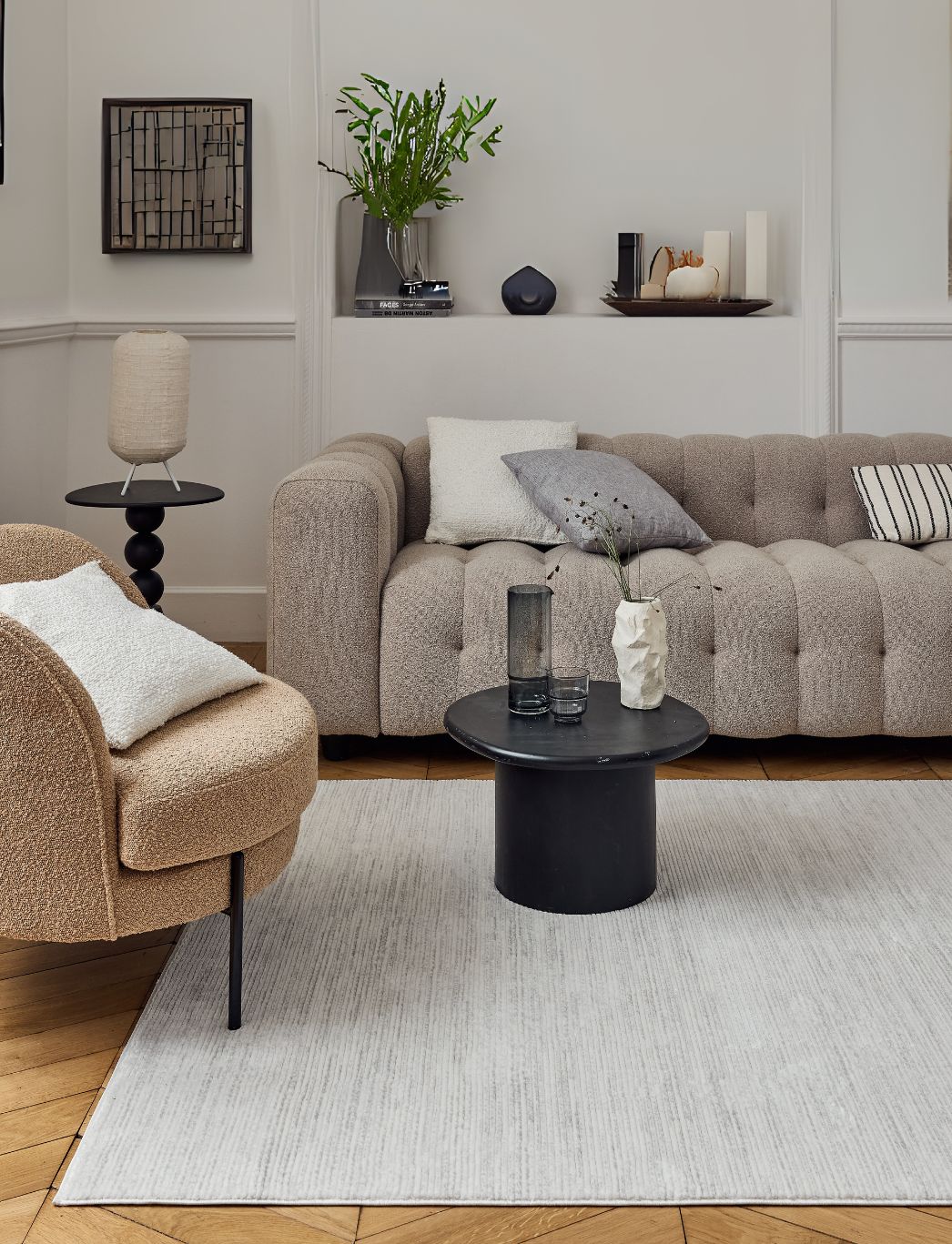
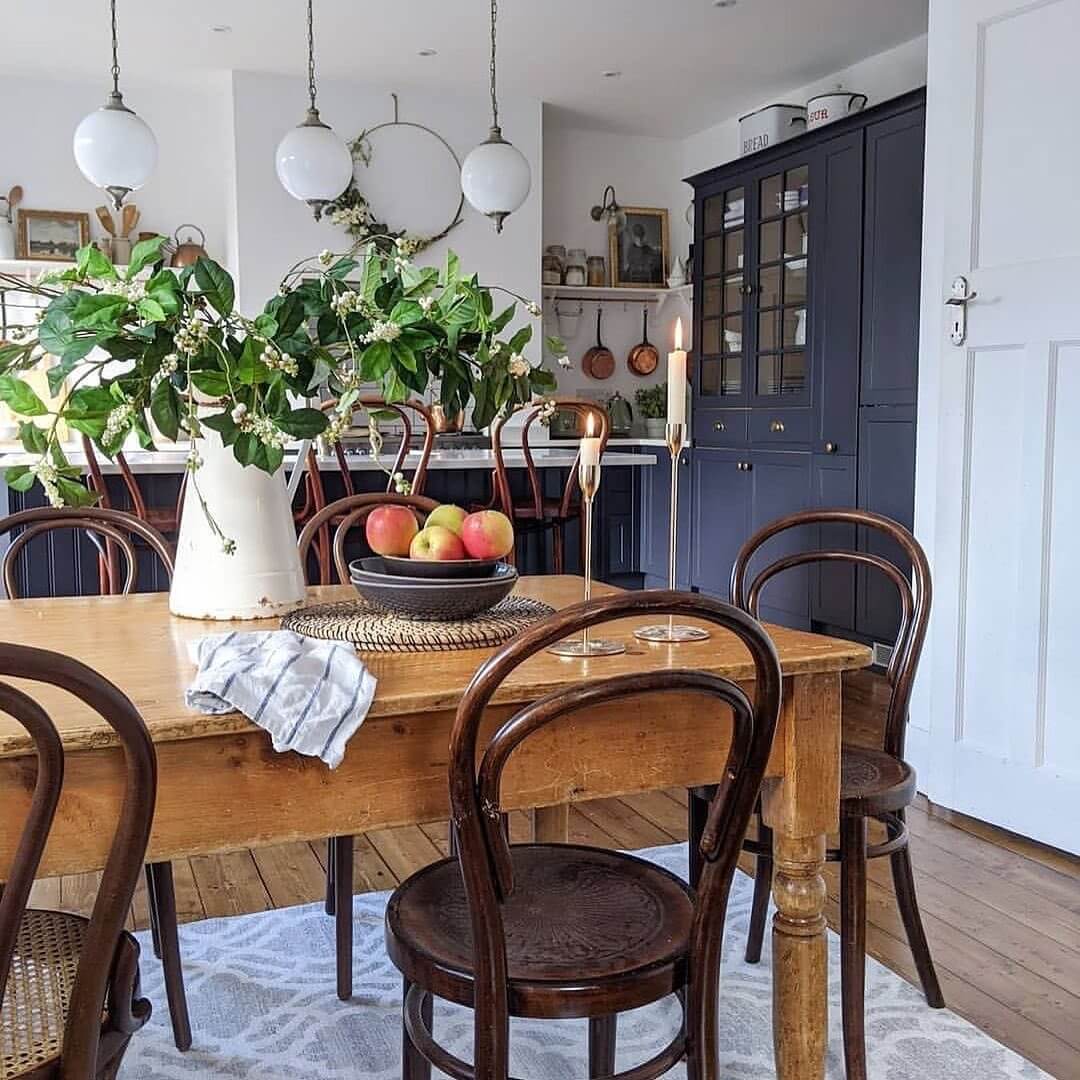
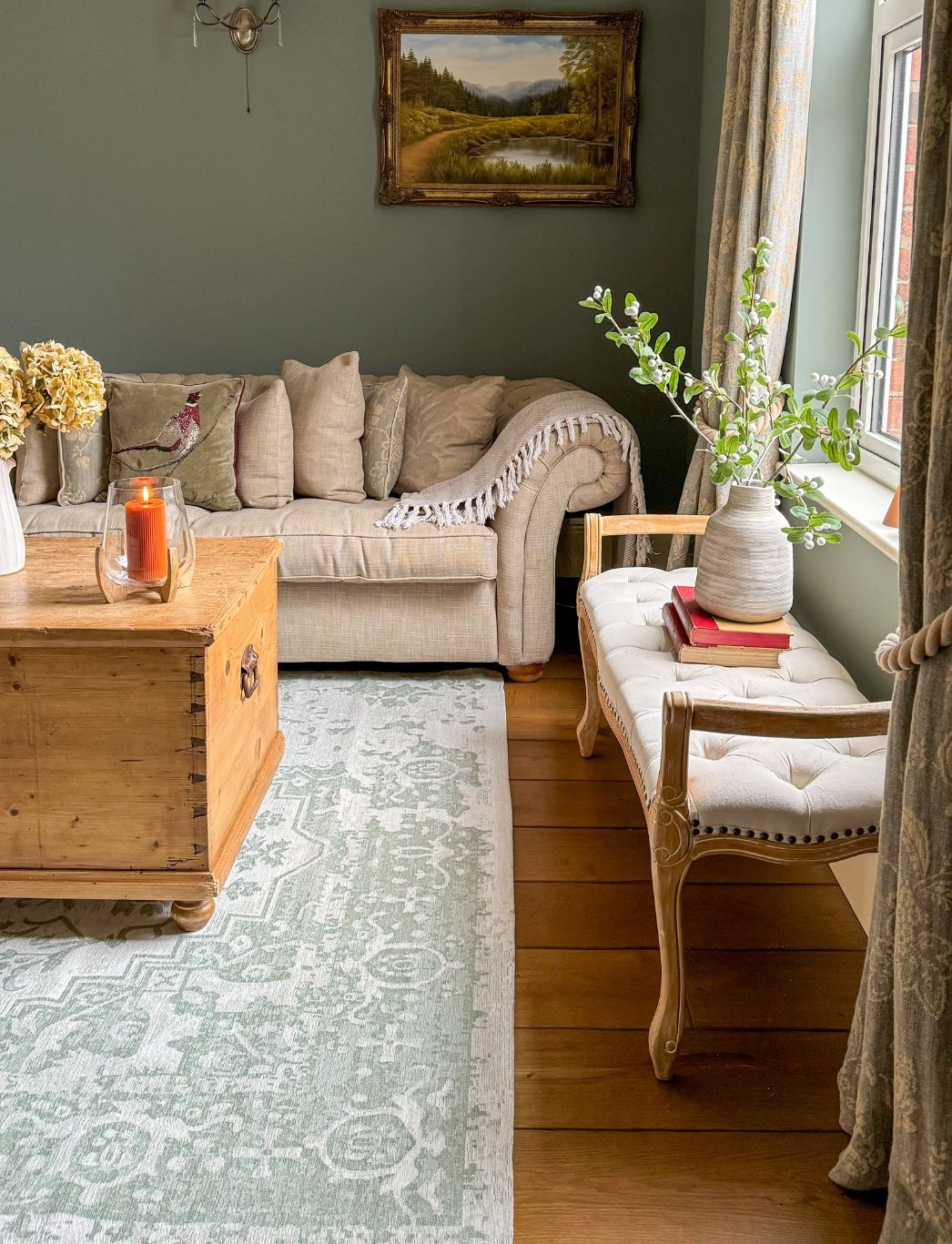
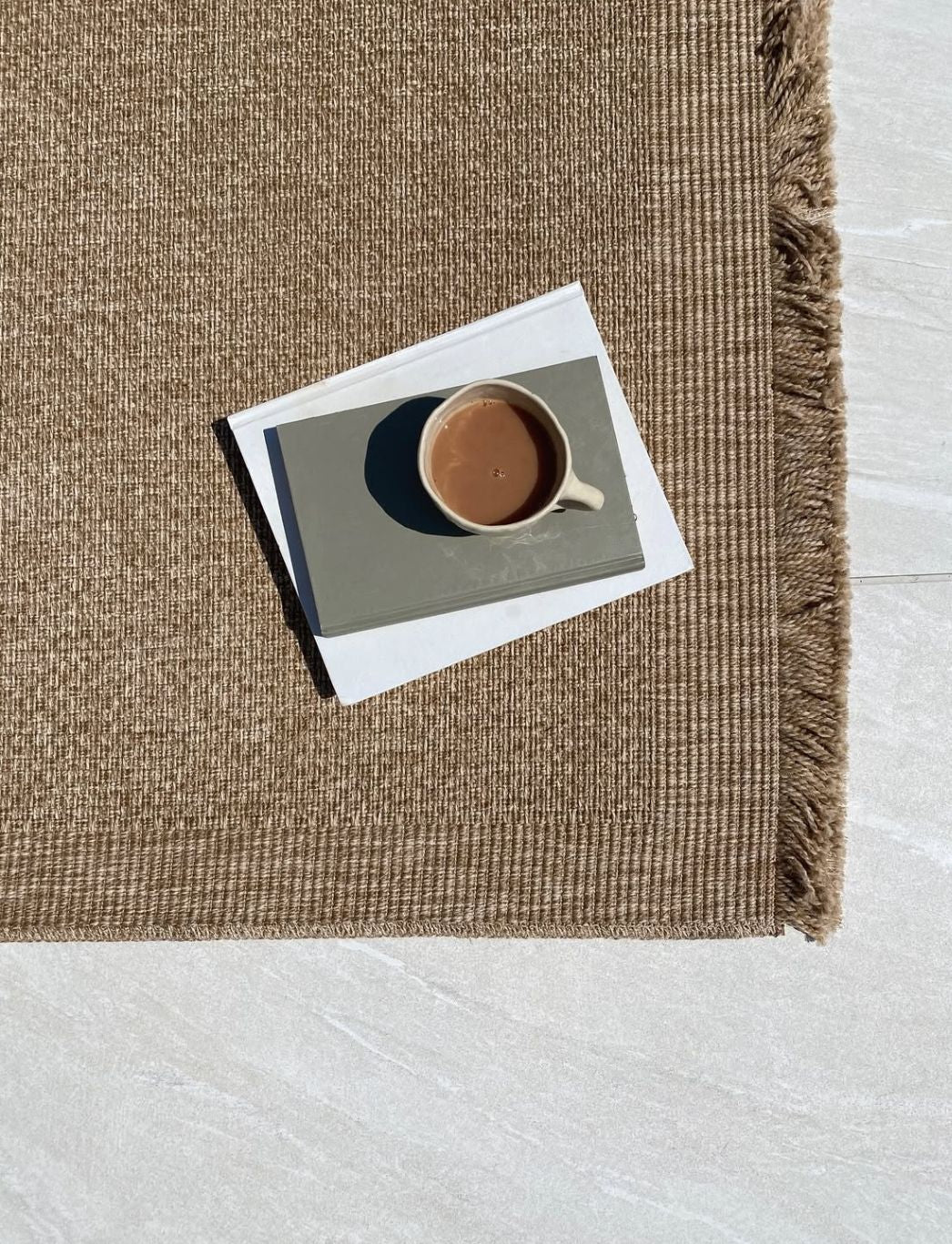
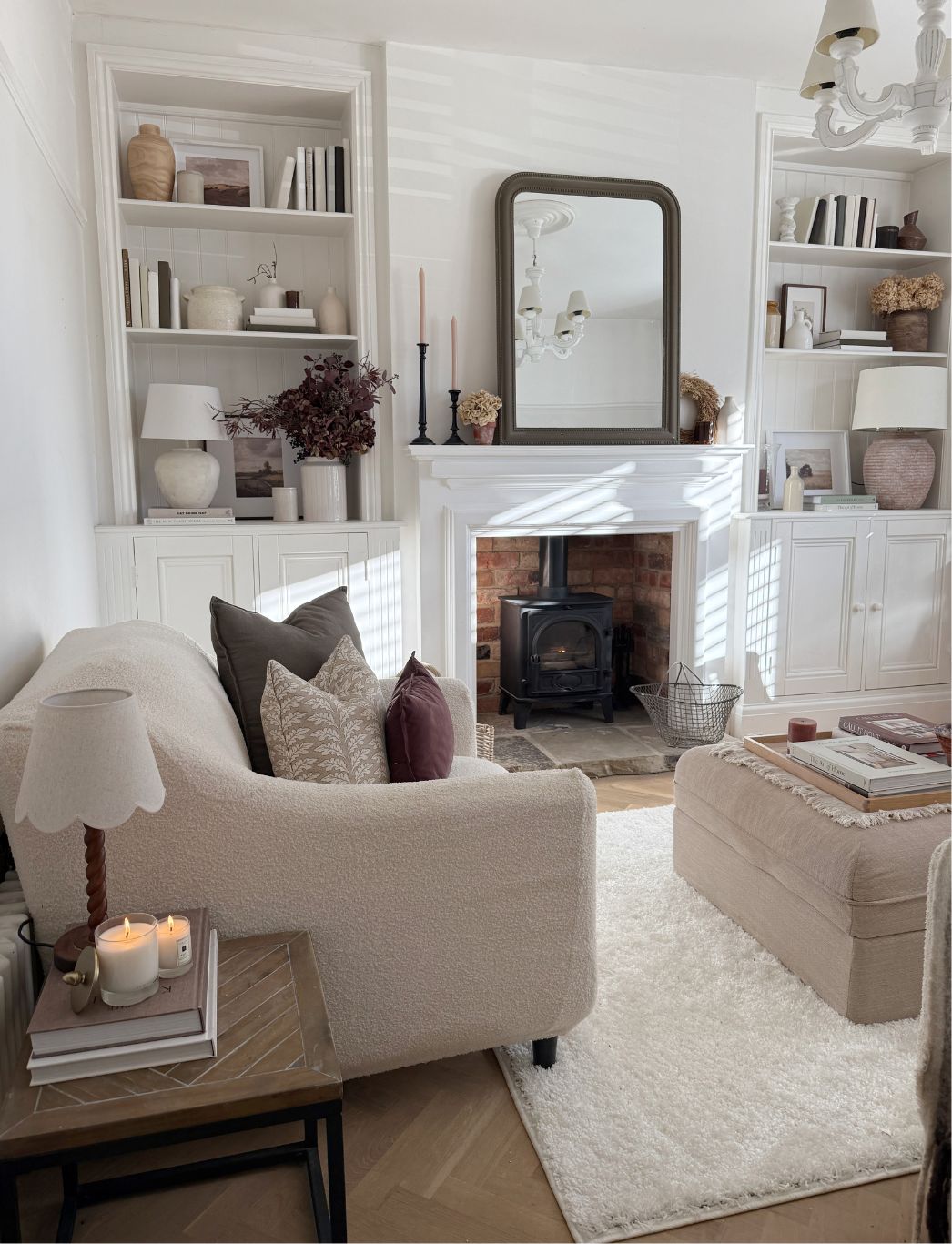
Leave a comment